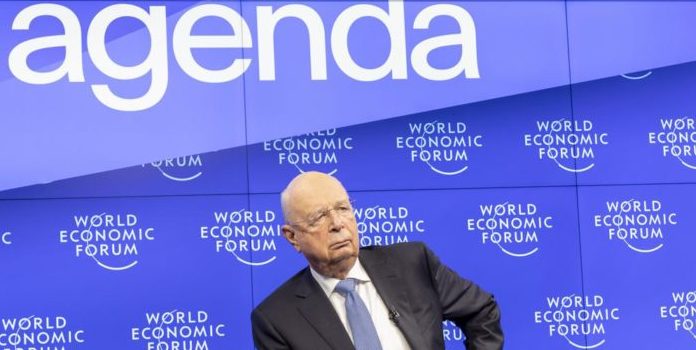(Molly Bruns, Headline USA) The World Economic Forum recently suggested that “space bubbles” be used to block out the sun, which would in turn reduce climate change.
A study from the Massachusetts Institute of Technology explained that the “geoengineering” project would reflect some solar radiation back into space.
The research group said the device would cover an area the size of Brazil. They also claim it would likely pose “no risk” of disrupting the planet’s ecosystems, because it would be in space as opposed to Earth’s atmosphere.
“Geoengineering might be our final and only option,” Carlo Ratti, an MIT researcher and architect, said of the project. “Yet, most geoengineering proposals are earth-bound, which poses tremendous risks to our living ecosystem.
“Space-based solutions would be safer—for instance, if we deflect 1.8 percent of incident solar radiation before it hits our planet, we could fully reverse today’s global warming,” he continued.
The thin, plastic bubbles would be manufactured in space and positioned at the L1 Lagrangian Point, where the gravitational pulls between the Earth and the sun cancel out.
An MIT press release poses many questions about the potential effects of the space bubbles:
“This proposal addresses many questions: How to engineer the best material for the bubbles to withstand outer space conditions? How to fabricate and deploy these bubbles in space? How to make the shield fully reversible? What are the potential long-term effects on Earth’s ecosystem?”
In a recent budget proposal, President Joe Biden recommended funding several climate technology initiatives.
One such fund was a $3.2 billion loan to the Clean Technology Fund, which provides developing countries with resources “to scale up low carbon technologies with significant potential for long-term greenhouse gas emissions savings.”
Sen. Joe Manchin, D-W.V, announced that he would “unequivocally” refuse to support legislation related to climate change in future spending packages.
The World Economic Forum, led by German economist Klaus Schwab, holds an annual summit where corporate and government leaders discuss approaches on running a global order.
Schwab has previously argued that the world needs a “Great Reset” on capitalism, and is a firm advocate for climate change.

